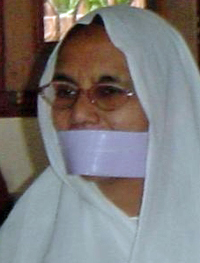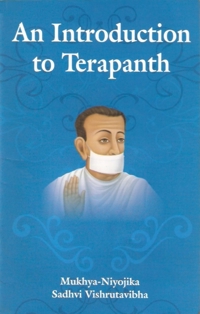This organization is an experiment in the field of socialism. Here, the highly learned monks/nuns on one hand and the common ones on the other hand are considered at par as far as the monkhood/nunhood is concerned, and hence, they all are equally treated. There is an equal distribution of work and duty in the affairs of the religious order. All monks and nuns do the duties duly allotted to them turn by turn in the order of their seniority of monastic tenure.
No monk or nun has the right to intitate anyone as his/her own disciple. Nobody can have his/her ownership over the books, the manuscripts, the clothes, the utensils, the appliances etc. All the things belong to the Sangha. The articles of food and drinks, clothing, places used for accommodation etc. are equally distributed and divided among the monks and nuns. All the disciples in the order are satisfied with this system. Seeing such an arrangement, Jayaprakasha Nararyan, a social reformer, once said, “We are trying to bring socialistic pattern of society in India. It has been going on already here in the Terapantha Sangha for more than two hundred years.”
 Sadhvi Vishrut Vibha
Sadhvi Vishrut Vibha

